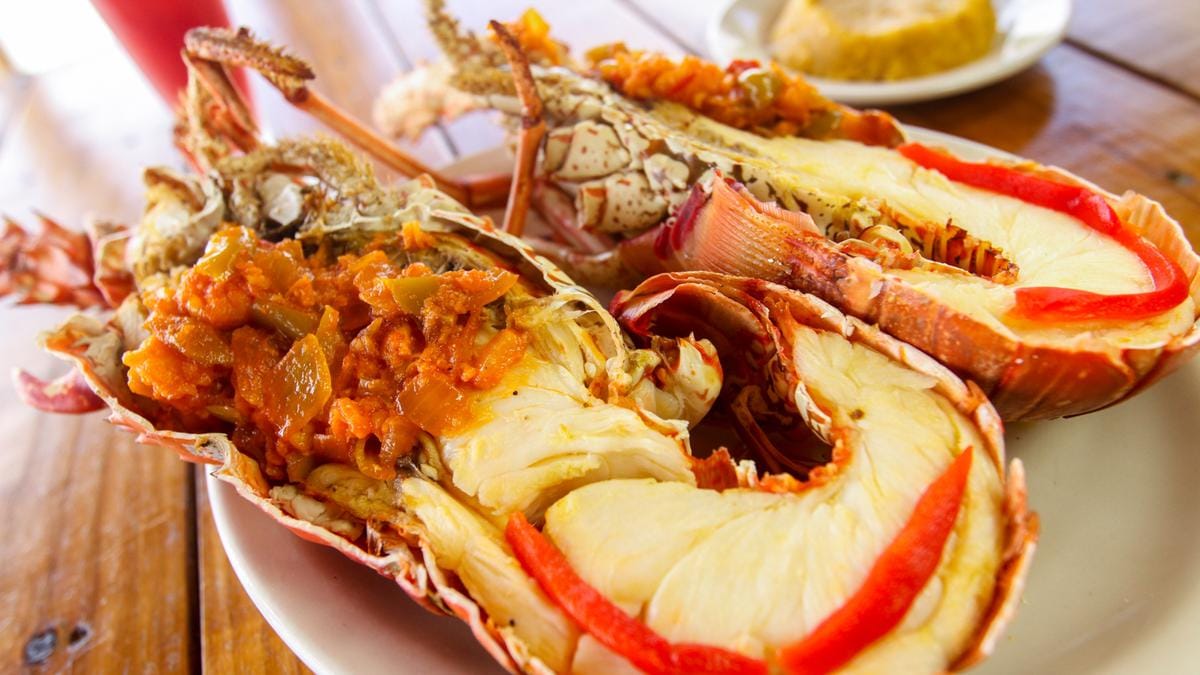Ladi's Place, "Home of Mojito Isleño" in Salinas

Source: El Nuevo Día
Salinas.- Saying mojo isleño is a direct reference to Salinas, just as quenepas (guineps) are to Ponce, or crabs to Maunabo, just to mention some distinctive elements to towns that, throughout the years, become well-known for these objects.
It was 1938 when this historic recipe of Spanish origin was prepared by doña Eladia "Ladi" Correa, which is used to highlight the flavor of fried fish; today, however, it has made its way to dishes featuring meat and poultry.
"This was a fishing village back then. It was a well-known port where fishermen from other places came. Towards the end of the 1930s, some fishermen from the Canary Islands came and gave the recipe to Doña Eladia Correa, 'doña Ladi', as she was known in La Playa barrio and who created the mojo isleño.", explained Juan Miguel González, current owner of the legendary restaurant Ladi's Place, named after its founder.
In sequence of events, Mrs. Ladi made some adaptations to the original recipe with the ingredients she had on hand and, from then on, the expert cook "performed her magic" that still delights those who try it.
"It has been 85 years since its creation and the mojo isleño is a gastronomic cultural reference for Salinas. Many have replicated the recipe and you can try it in several restaurants. Each has its own very particular flavor, but the original is served here," said González.
"This recipe is so popular that even the London Times listed it as 'the perfect mix for fried fish,'" mentioned the restaurant owner.
Internationally recognized as an ideal complement to seafood, mojo isleño is versatile and can be used to accompany different types of meat, rice and even mashed vegetables. "Onion is the key for this to happen," explained the businessman.
The ingredients are large amounts of onion, peppercorns, garlic, bay leaves, olives, olive and corn oils, bell pepper, salt, and tomato sauce. Although the quantities of the ingredients are not disclosed as part of the "original secret," González emphasized the form and manner of cooking.
"Timing is everything. The onion is simmered in low heat, after which the sauce and other ingredients are added. This is part of a process that takes a day to be served, because it must be left to rest. During the rest period, the ingredients come together and the flavors come alive," González highlighted.
The restaurant also served a variety of dishes with fresh fish and seafood, various cuts of meat, pasta, rice, asopao (a Puerto Rican stew made with rice), tacos, and stuffed mofongos (fried plantain mash).
